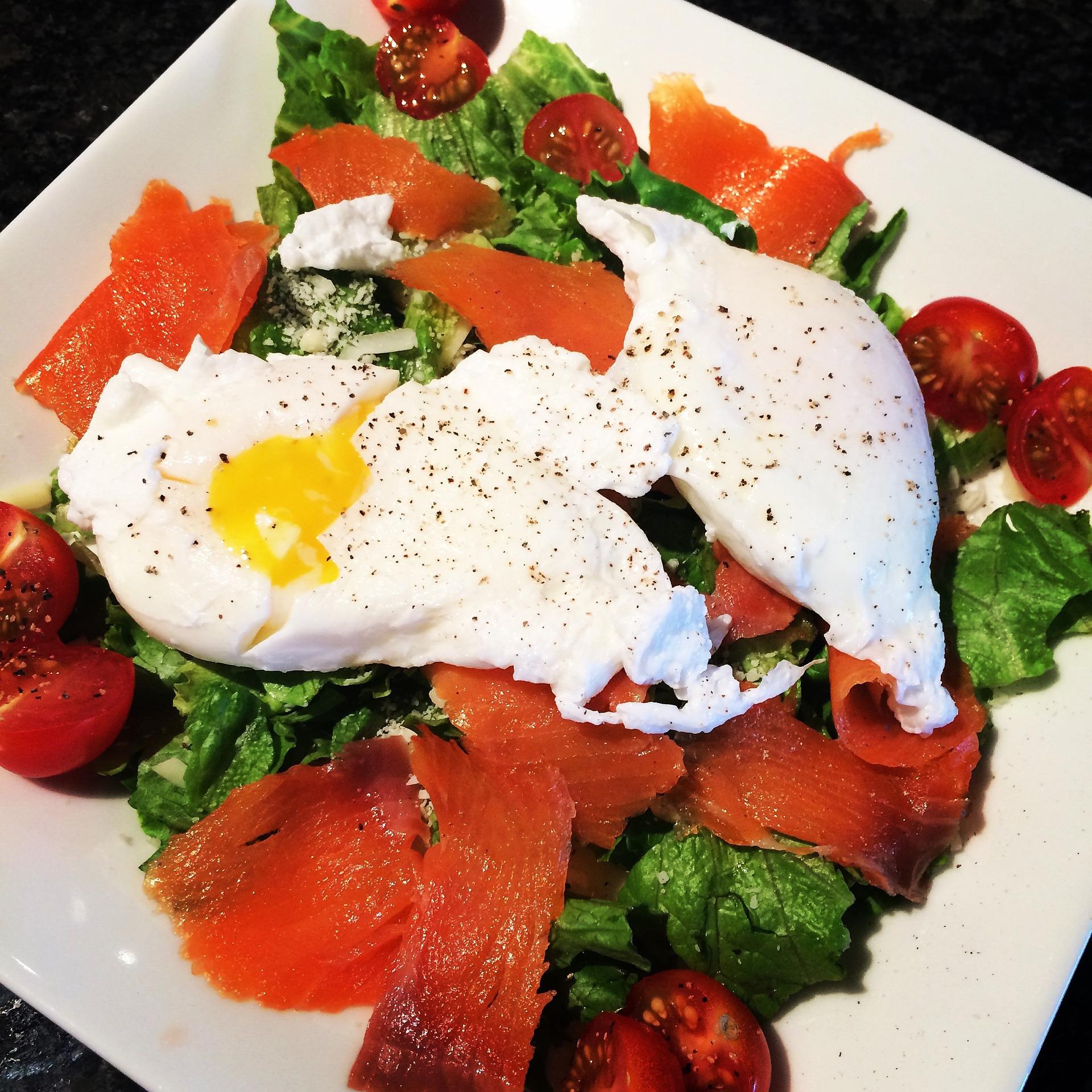For a long time, the prospect of anti-aging skin care has attracted people’s attention. The story of the city being a treasure cove can no longer be confined to these instances of myths and fairy tales. Modern technology development is based on the exercise of approaches that are not only effective but also innovative and may produce glowing, healthy skin. Here, we will study the different creative strategies applied to skin improvement.
A Multi-Pronged Approach
To gain excellent yields, it is imperative to follow a combined strategy. It is casting the net, and there is an interplay between preventive measures and treatment.
Prevention is Key
A daily skincare regime is a keystone that gives your skin the proper care and attention it requires to be okay. Apply frequent face cleansers, moisturizers, and sunscreen that contain the number one reason for wearing our face’s skin: premature aging. Narrow down the vitamin list of substances such as retinol, vitamin C, and hyaluronic acid. These accelerate cell regeneration, collagen synthesis, and skin moisturization.
Non-Surgical Solutions
 A number of different non-surgical treatments manage individual details. One method used to increase collagen is called microneedling. This procedure operates by tiny scratching in the skin, which results in an aging look and a well-toned surface. Laser treatments do this by directing the beams of light at the sun-damaged skin rather than the hyperpigmentation or wrinkles.
A number of different non-surgical treatments manage individual details. One method used to increase collagen is called microneedling. This procedure operates by tiny scratching in the skin, which results in an aging look and a well-toned surface. Laser treatments do this by directing the beams of light at the sun-damaged skin rather than the hyperpigmentation or wrinkles.
Injectables for Targeted Results
Dermal fillers combat both the loss of volume and the sagging, making the formation of wrinkles more evident by plumping up the folds of the skin and returning the facial contours. Disruptors of the neuromodulators, such as Botox, work to relax the facial muscles, leading to the smoothing out of existing lines and preventing the formation of new ones. The accomplishment of both surgeries is relatively fast, allowing patients to return as soon as possible.
Treatments Designed for Patients with Unique Specifications
The fundamental principle here is knowing the correct treatments based on your skin type and challenges. An initial and in-person consultation with a cosmetic physician or aesthetician is imperative. They will first check your skin and then talk about your goals while drawing up a customized plan that blends all of the procedures widely used in the industry.
Embracing a Holistic Approach
In general, both cutting-edge methods and lifestyle habits can lead to impressive outcomes when used together. You get skin in the line when you fix your diet correctly by rotating it with the required amount of fruits, vegetables, and whole grains. Besides, sufficient sleep, when stress is managed well, also leads to an excellent complexion and can increase years of living.
Entering the era of a complete paradigm shift focusing on prevention, affordable and efficient treatments, and sound lifestyle practices, you can now care for healthy, radiant skin beyond the boundaries of what you have seen. Bear in mind that the journey relies on having the right tools and sticking to them. You are capable of ridding yourself of the years and discovering your all-beautiful self.


















